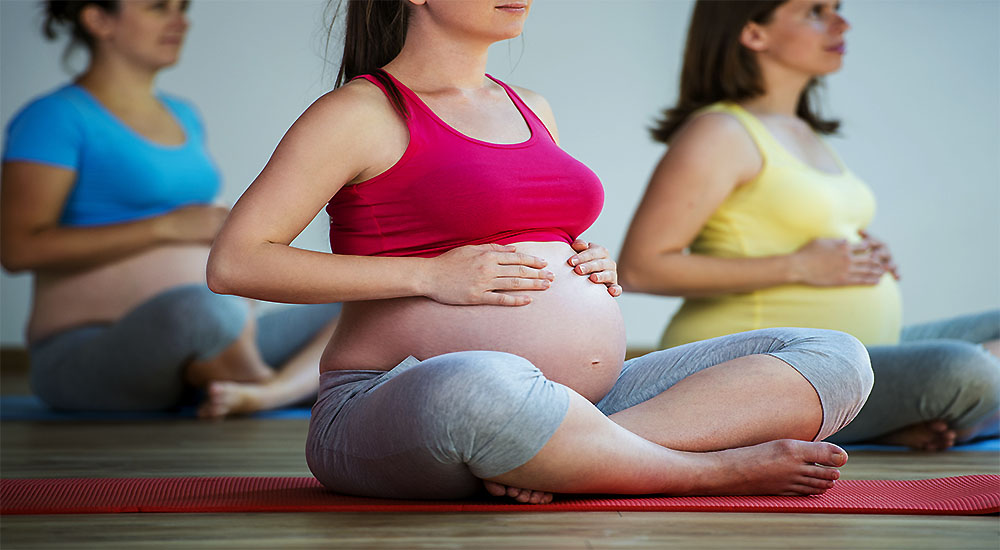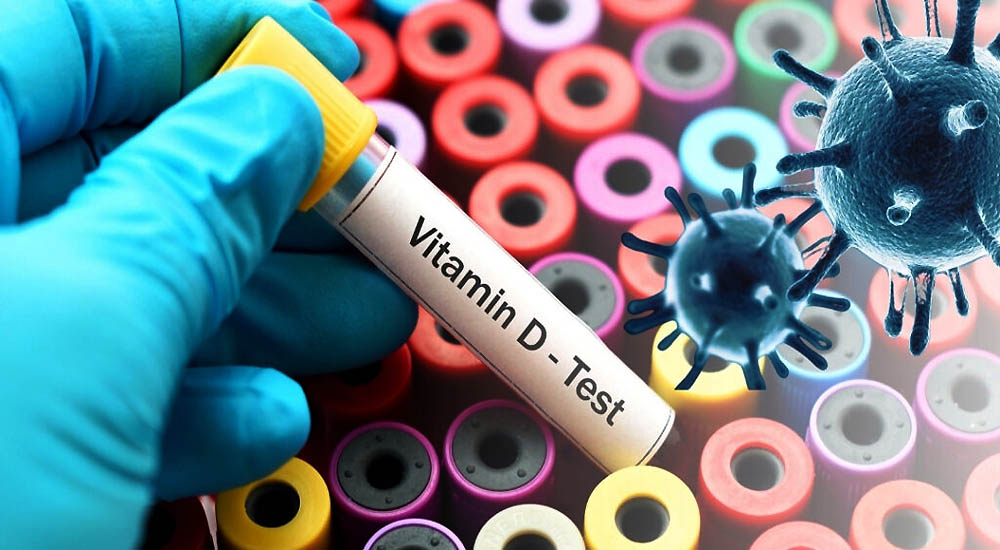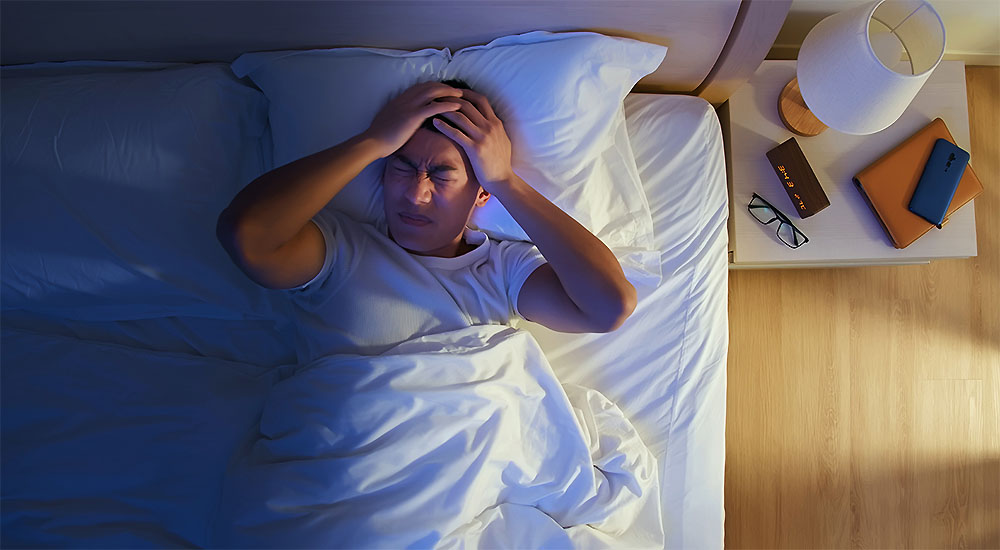Physical Therapy During Pregnancy

Pregnancy can be one of the most joyous moments in a woman’s life, but it can also be tumultuous. As hormones surge through the body, a woman experiences not only emotional changes but structural and muscular changes too. There are many books on the market detailing everything about pregnancies, but every woman is different—and her experiences will obviously be different too.
Common Structural Problems Affecting Pregnant Women
1. Low back pain – As the fetus grows within the woman, her abdominal muscles are pulled and stretched out in the front. That puts a lot of pressure on the back muscles. They are pulled out towards the front too.
The small of the back normally has a C–shaped arch. As the pregnancy progresses and the fetus gets larger, the low back arch also increases. This further increases the pressure on the back muscles whose main job is to hold the human spine in the proper alignment. If those muscles are weak, they have difficulty doing their job correctly and pain in the low back region may manifest.
2. Hip and groin pain – One of the key components of pregnancy is that the female body prepares for childbirth by literally changing its shape beginning in the 2nd trimester. The ligaments and muscles holding the pelvis and hip bones together stretch. While this is a normal process, it can be wrought with some difficulty.
Some ligaments and muscles get overstretched and cause alignment issues in the pelvis and hips. This can be evident in simple activities such as walking, turning over in bed, etc. Typically, patients complain of pain in the groin and the hip region and for some women, it can be very debilitating.
3. Wrist and hand pain – As I mentioned above, the female hormones cause a natural laxity or looseness in the ligaments and muscles all over the body during pregnancy. This can predispose a pregnant woman to certain conditions such as tendinitis in her wrists and hands, a painful condition that makes typing and other common hand movements a chore.
4. Pain in the ankles or soles of the feet – As the pregnancy progresses, the body tends to sway back to compensate for the increase in weight in the abdominal region. This puts a lot of pressure on the feet and ankles.
Towards the 3rd trimester, the walking pattern changes too. This further increases the forces on the sole of the feet. Secondly, many pregnant women may have swelling in their feet due to excess fluid accumulation. So it’s not uncommon for pregnant women to have feet problems.
How Does Physical Therapy Help During Pregnancy?
Physical therapists play a vital role in this crucial period and therefore I delight in treating pregnant women here at HealthNOW. Physical Therapy helps to keep the joints and muscles strong, movable, and pain-free. Physical therapists receive specific training in understanding all the various bodily changes occurring in a woman’s body when she is pregnant.
So if you are pregnant and suffering structural pain, physical therapists are the right professionals to contact. Pain, soreness, and tightness in any part of the body during pregnancy should not be neglected. It can lead to other secondary problems that can linger on long after childbirth.
Most women tend to think since their body is changing with the pregnancy that certain aches and pains are “normal” and they simply have to “tough” it out. They may feel, “My mother, grandmother, and great-grandmother toughed it out, so why can’t I?” What they don’t realize is that while their ancestors all successfully weathered pregnancy, that doesn’t mean that they were in pain while doing so. And if they were, it certainly doesn’t make it normal.
Physical therapists will perform a detailed assessment and treat the problem accurately. Here at my clinic, a pregnant woman may walk in with complaints of hand pain. While I will treat her for that complaint, at the same time I will also assess the other regions of her body most likely to undergo stress, as well as to assist her with prenatal exercises. So the actions I take are both corrective and preventative because I know, in the long run, it will help to maintain her body much easily post-pregnancy.
Physical therapy treatment during pregnancy should involve restorative manual therapy and a lot of prenatal exercises. The manual therapy must be done in the regions with the structural issues and symptoms, whereas, the prenatal exercises should involve stretching routines for the neck, shoulders, mid-back, low back, ankles and hips.
The exercise regimen should also incorporate effective core stabilization (not crunches) in addition to other strengthening exercises for the upper and lower body. I tailor these to each woman as needed. Most women tend to follow a gradual walking program during pregnancy because their obstetrician recommends it. But very few women understand the importance of strengthening routines for the rest of the body. They cause improved oxygen flow through the blood and help not only the mom-to-be but the unborn fetus as well.
Secondly, as the upper body, lower body, and core muscles get stronger and stabilize, the new mother is much more physically prepared for the stresses of childbirth. Women must realize that pregnancy is only one-third of the battle. Their bodies still have to undergo the healing process of post-pregnancy, along with the challenges of taking care of a newborn infant. The better prepared and stronger they are during pregnancy, the higher the chances of a faster postpartum healing and more fruitful time spent with the little miracle—their newborn child.
Do you need help with your health?
We have the diagnostic and testing tools, the clinical experience, and a different medical approach to discovering the root cause of why you have the symptoms that are bothering you. As long as you are ready to make some dietary and lifestyle changes, we can help you. We will "hold your hand" through the changes, step by step, to make each step an easy one. We are located in Clearwater, FL, at 1000 S Ft Harrison, at the corner of Ft. Harrison Ave. and Magnolia St. There is plenty of parking space directly accessible from Ft Harrison. If it is not convenient for you to come to Root Cause Medical Clinic, we offer telehealth/telemedicine consultations to residents of certain states. Call us for details.
Contact us for a Consultation – Call 727-335-0400
Ask a Doctor
Have a health concern you'd like to speak with a doctor about? Or just want clarity on a subject? Ask Us!
Featured Articles
Popular Stories

Dr. Rupa Chakravarty DPT, OCS
Director of Physical Therapy at Root Cause Medical
Doctor of Physical Therapy, Orthopedic Certified Specialist
Dr. Chakravarty has numerous certifications for different techniques in Physical Therapy practice. She employs an extensive array of manual as well as exercise techniques to manage her patients’ symptoms during their course of therapy.


